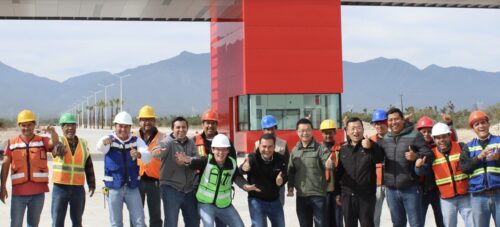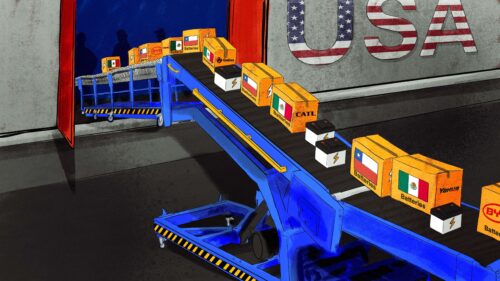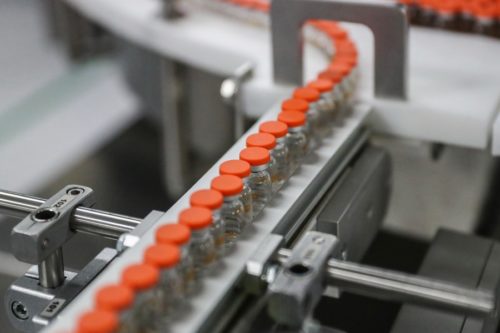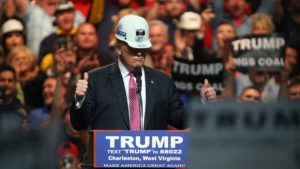Mexican president apologizes for massacre of Chinese migrants in 1911
At a ceremony on Monday, President Andrés Manuel López Obrador officially apologized for an act of violence 110 years ago that shattered the Chinese community in Torreon.
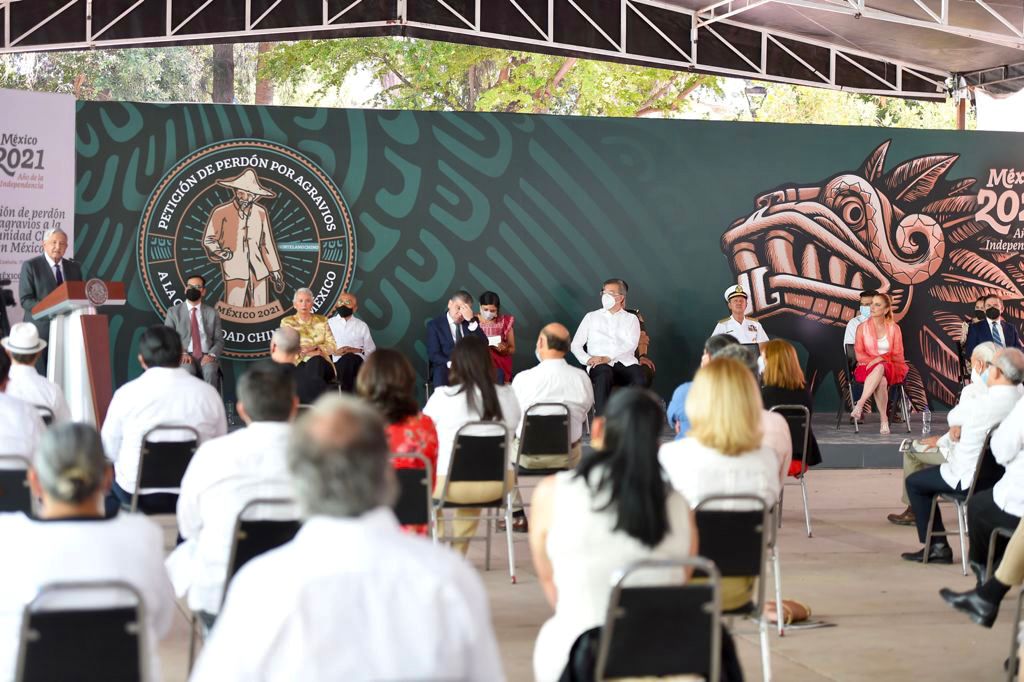
From May 13 to 15, 1911, in the northern city of Torreon, amid the Mexican Revolution, 303 Chinese were killed in a racially motivated massacre. On Monday — 110 years later — the Mexican state officially apologized for that act of violence.
In a ceremony that included the Chinese ambassador to Mexico, Zhù Qīngqiáo 祝青桥, and two moving speeches from Chinese descendants, Mexican president Andrés Manuel López Obrador said, “The Mexican state will not allow, ever again, racism, discrimination, and xenophobia.”
Regarding the crimes that occurred in Torreon, EFE news agency noted (in Spanish), “The massacre was due to xenophobia and class resentment that had been building among Mexican businessmen against the rising Chinese since the end of the 19th century.”
For some Chinese descendants in Torreon, Monday’s ceremony represented a necessary act of contrition. “It is a good example of humility for those who ask for it, and it should offer a little relief to the Chinese community that something similar will never happen again, not here, not with the Chinese or any other nationality,” Perlita Lee Chibli told the newspaper El Universal. Another local, Carlos Wong Sanchez, said the official apology will give people an opportunity to honor their ancestors.
Although the Torreon massacre was one of the most extreme acts of violence against Chinese (and other East Asian) immigrants in Latin America, it was not the only one.
“In 1909 — two years before the attacks in Torreon — riots took place in the city of Lima (Peru) during May,” Patricia Palma, a historian at the University of Tarapacá in Chile, told The China Project. “People stoned commercial establishments and physically assaulted several Chinese immigrants. In 1911, and in response to the claims of the Chinese government, the Peruvian state offered to pay 30% of the damages claimed.”
The attacks in Lima against the Chinese population were repeated in 1919, affecting 170 of its establishments, Palma said. Eleven years later, in 1930, there was another round of assault against the Chinese population, this time in the city of Arequipa in southern Peru.
“In 1918, anti-Chinese protests arose in Jamaica, which were repeated in 1938 and 1965,” Palma said. “The 1918 protests caused great damage to the businesses of Chinese immigrants, because the goal of the protesters was to expel them from those areas where they had established and consolidated their businesses.
“At the time, the population of ethnically Chinese people in Jamaica was less than 0.3% of the total population of the island, but one out of every three businesses was in the hands of Chinese immigrants, which generated great animosity within the local population.”
Palma noted that Obrador isn’t the first Latin American head of state to issue an apology. “In 2011, Peruvian president Alan Garcia apologized to Japanese people for the abuses committed against its citizens during World War II.” The historian said that in Peru, many of the Japanese and their children were able to regain citizenship, although not their confiscated property, as was the case with the family of former Peruvian president Alberto Fujimori.
Monday’s ceremony in Torreon was the second of three similar ceremonies planned by the president. Earlier this month, Obrador apologized to the Mayan community, and later will apologize to the Yaqui indigenous people in Sonora. In 2019, Obrador requested an apology from the Spanish government and the Catholic Church for the atrocities committed against the native peoples during the Spanish conquest of the region 500 years ago.
On Monday, Obrador also took the opportunity to thank Xí Jìnpíng 习近平 and the Chinese government for their support in helping Mexico with medical supplies and vaccines in their fight against COVID-19. “I want to say that we will never forget the fraternity of China during the bitter and agonizing months of the pandemic, for the caring support we received,” he said.
According to Obrador, China has already sent 38 airplanes with medical supplies, including ventilators and diagnostic tests, and six million doses of vaccines from Sinovac. Obrador added that Mexico should receive six million vaccine shots from the Chinese laboratory CanSino this month.

